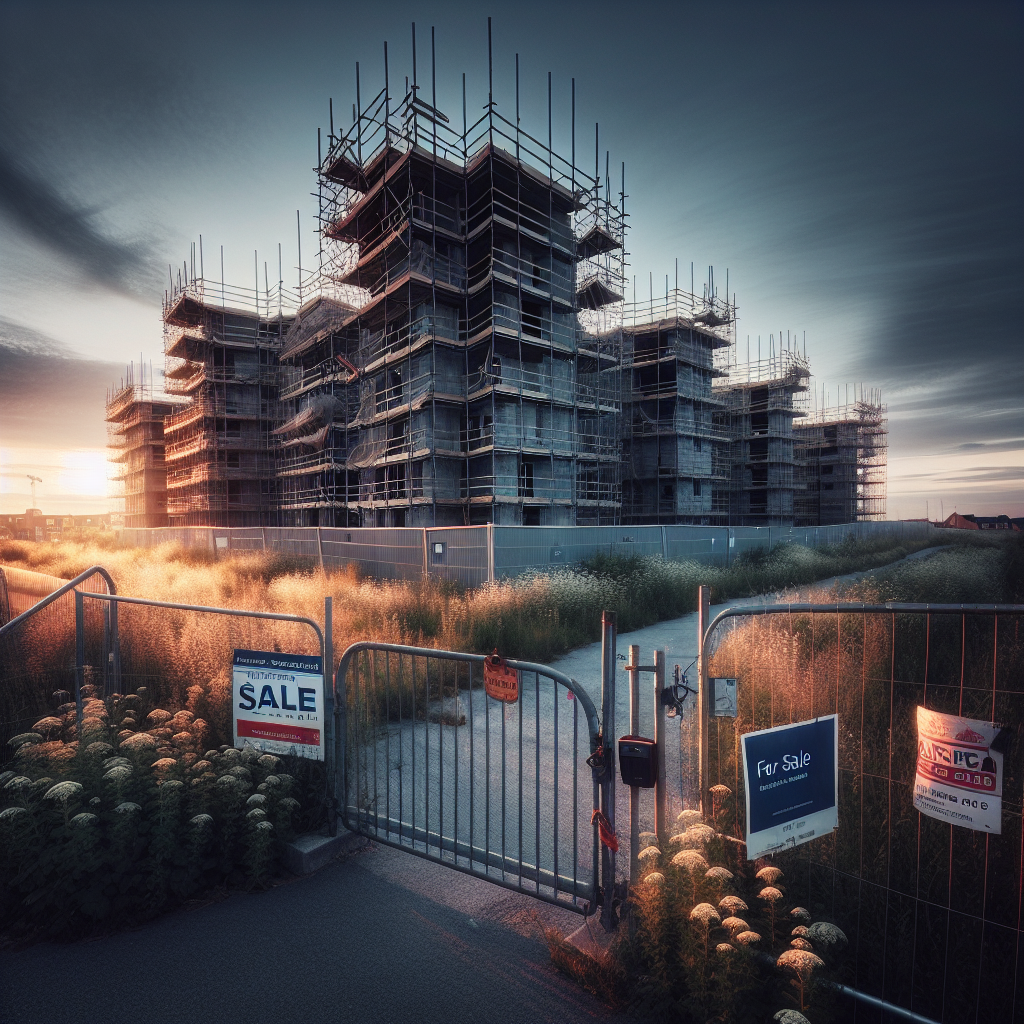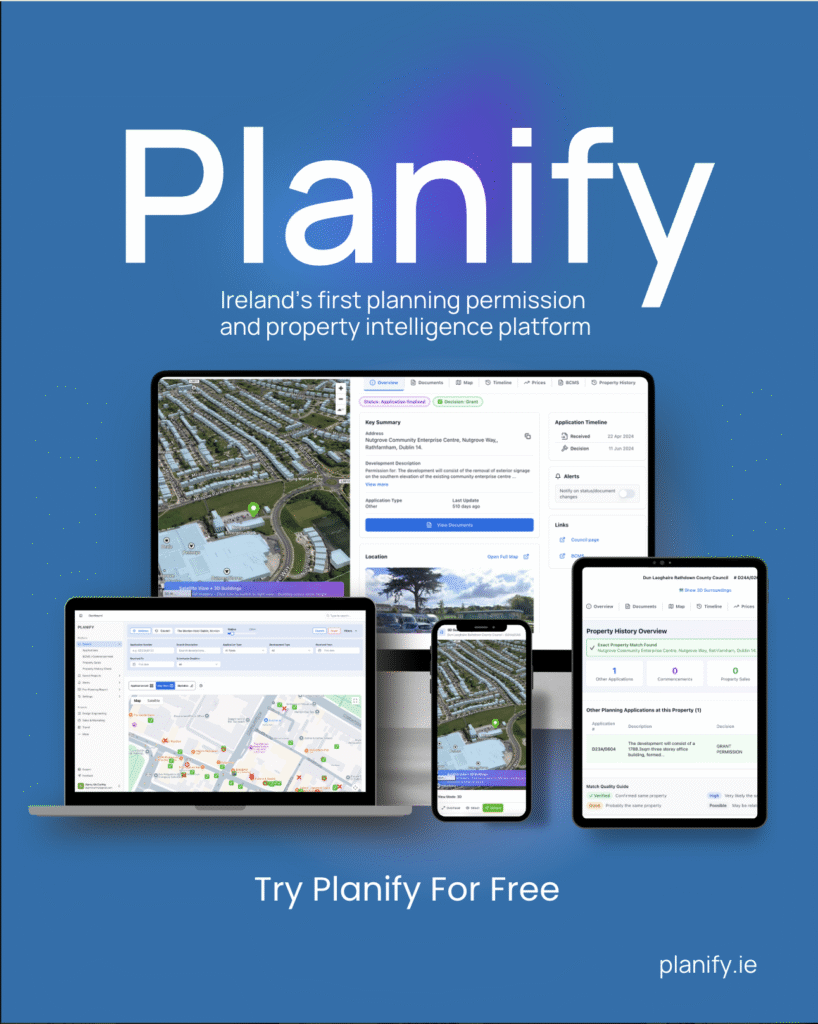The High Court in Ireland has recently made a significant decision to overturn planning permission for a development comprising 227 apartments in Goatstown, south Dublin. The ruling, based on concerns over the adequacy of public transport services serving the site, highlights the importance of complying with specific planning policy requirements. Let’s delve into the details of this case and the implications it has for future developments in the region.
In a recent judgment, the High Court in Ireland has invalidated the planning permission granted for the construction of 227 apartments in Goatstown, south Dublin. The court’s decision was primarily influenced by the absence of sufficient evidence demonstrating that the proposed site was adequately served by high-capacity public transport networks.
Mr. Justice David Holland, presiding over the case, raised doubts about the approach taken by An Bord Pleanála planners in assessing the project. He emphasized the necessity of adhering to specific planning policy requirements (SPPRs), especially in cases where a development significantly deviates from the local development plan. In this instance, the proposed apartment blocks exceeding the height restrictions set by the local plan warranted a thorough evaluation of the site’s public transport accessibility.
The planning inspector from An Bord Pleanála initially contended that the site at Knockrabo, Mount Anville Road, was adequately serviced by public transport, citing the proximity of bus stops and a Luas station approximately 1.7km away. However, Justice Holland pointed out that the existing transport infrastructure, particularly the Luas Green Line, was already operating near its maximum capacity during peak hours. The court highlighted the need for substantial investments to enhance the transport network to meet future demands.
The court’s ruling underscored the developer’s failure to convincingly establish the site’s adequate public transport connectivity as required by law. Additionally, it criticised An Bord Pleanála for overlooking the pressing issue of current transport capacity while granting permission for the development. Justice Holland emphasized that the national policy cannot solely rely on the assumption that public transport capacity will automatically accommodate increased demand without proactive measures.
The legal challenge against the planning permission, initiated by Ciaran Mulloy and represented by solicitor Eoin Brady, resulted in the court quashing the board’s approval issued in March 2022. Despite dismissing other grounds of challenge, the court highlighted the pivotal role of rigorous assessment of public transport provisions in planning decisions.
The court’s decision serves as a cautionary tale against adopting a “build and public transport will come” approach without concrete evidence supporting adequate transport infrastructure. While acknowledging the benefits of high-density developments near existing public transport hubs, the court emphasized the need for realistic assessments of transport capacity and proactive planning to address future demands effectively.
The approval granted by An Bord Pleanála in the face of strong objections from Dún Laoghaire-Rathdown County Council and local residents, including concerns raised by Sinn Féin TD Chris Andrews, underscores the challenges in balancing development interests with community preferences and infrastructure capabilities.







